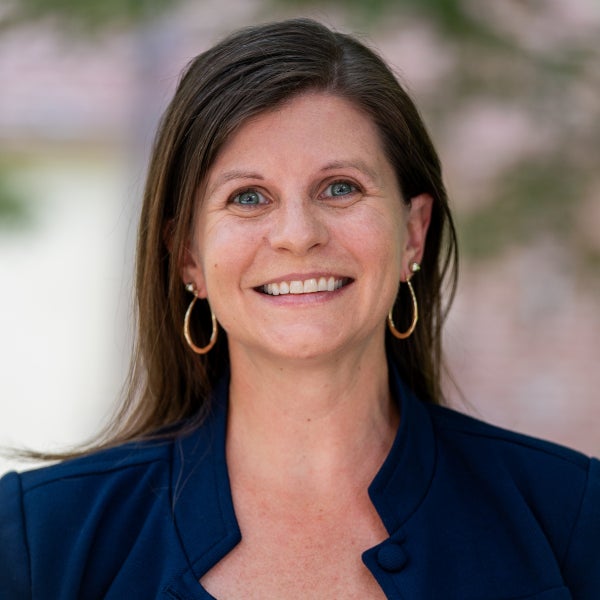
Sarah Craft earned her Ph.D from the Joukowsky Institute for Archaeology and the Ancient World at Brown University and has worked on archaeological projects around the world, including Turkey, Greece, Jordan, and the United Arab Emirates. She first came to FSU in 2015 as a postdoctoral fellow in the Department of Classics to pursue her teaching and research interests in landscape archaeology and geospatial analysis with a focus on the late Roman and medieval eastern Mediterranean, which ultimately led to her direction of a landscape project in eastern Serbia exploring the hinterland of Felix Romuliana, the late Roman palace of the emperor Galerius. After a series of adventures that took her to Minnesota (Carleton College) and Abu Dhabi, she gained professional experience in the private sector as a GIS (Geographic Information Systems) specialist in cultural heritage management before returning to FSU to pursue her passion for teaching.
Sarah’s research and publications focus on the distributed landscape contexts of monastic systems in northwest Attika (Greece) and on the travel infrastructure that informs an account of the journeys undertaken by a Sufi saint in medieval Konya (Turkey). As for fieldwork, she currently participates in FSU’s own Landscape Archaeology of Southwest Sardinia (LASS) Project.
When not working on teaching and research, she delights in planning her next travel adventure, exploring Tallahassee on foot and with friends, experimenting in the kitchen, singing in the Tallahassee Community Chorus, and basking in the fascination her cats find in her life.
Honors Signature Courses
- IDH3126: Public Scholarship for Honors: Expertise and Media in Modern America
- IDH3151: Travel and Mobility in the Ancient World
- IDH3422: Food & Drink in the Ancient World
- IDH3423: History Embodied: Exploring the Human Body in Antiquity
- IDH3425: Death is Just the Beginning: Deaths and Afterlives in the Ancient World
